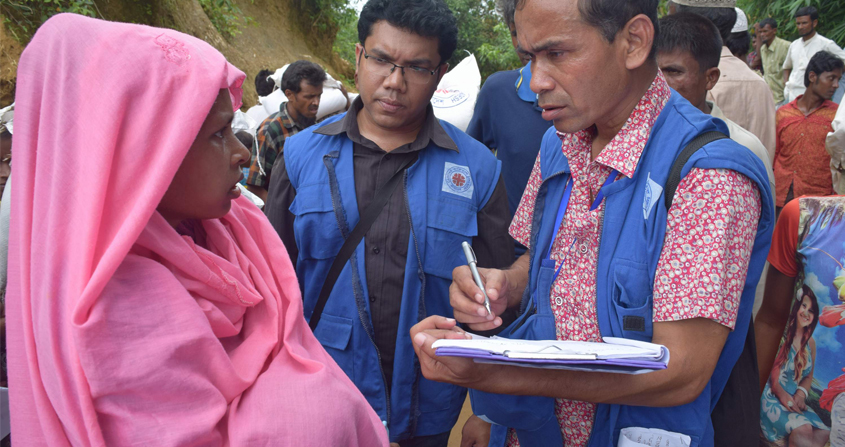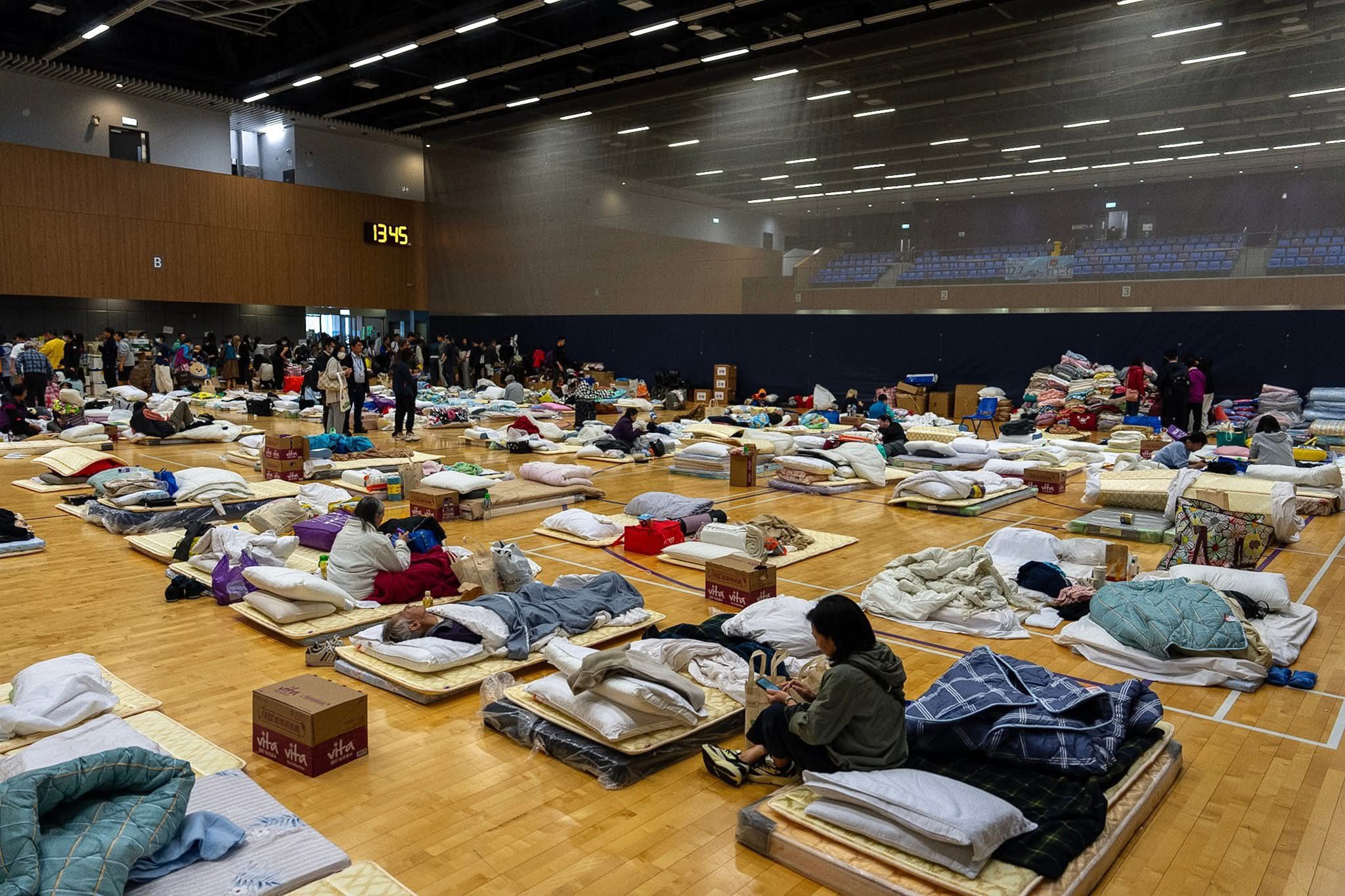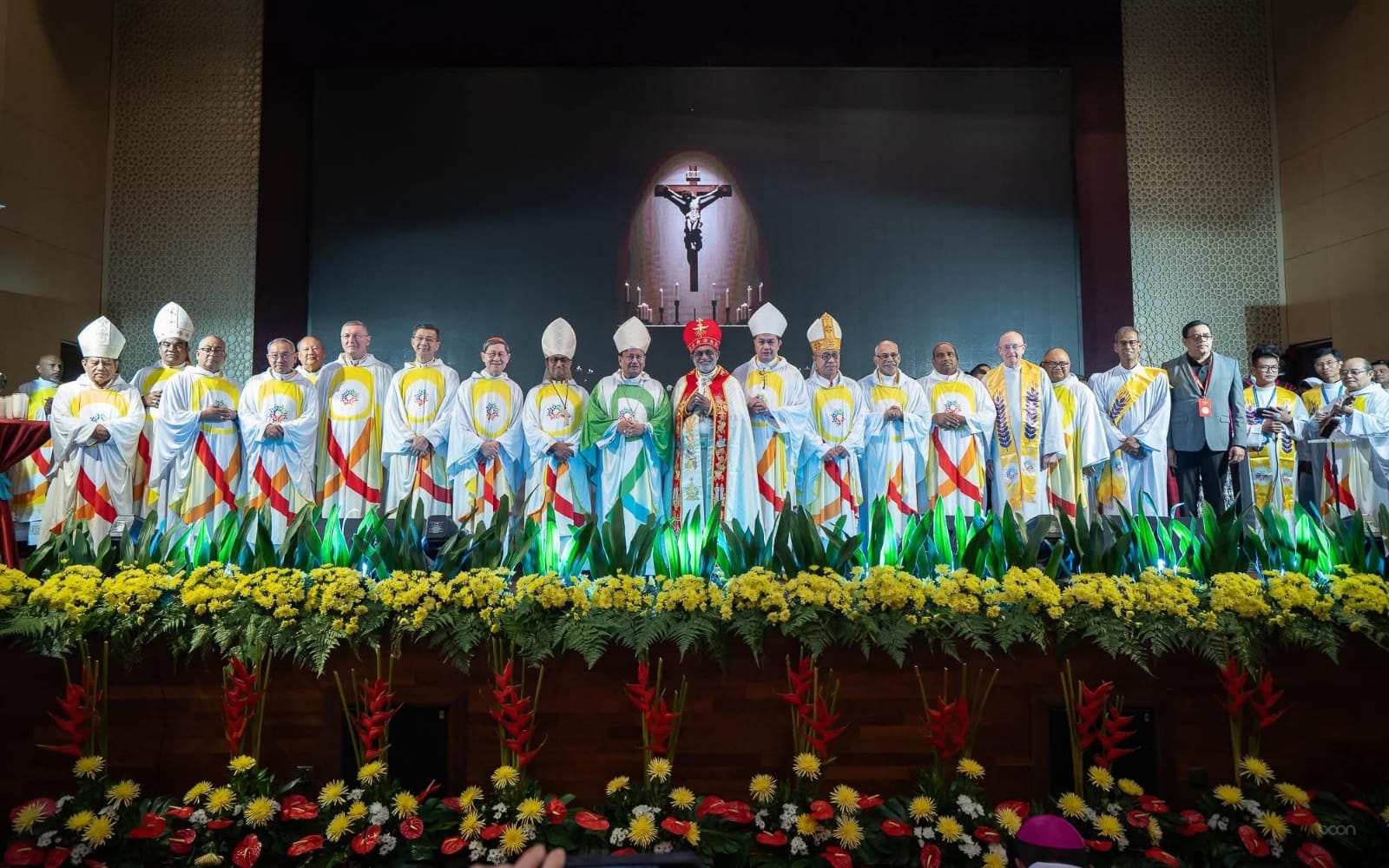Caritas Bangladesh and The Jute Works
Joaquim Magalhães de Castro
Caritas Bangladesh recently celebrated half a century of existence by marking the anniversary with a congress in Dhaka, in which around a thousand people participated, including members of the government and several Catholic bishops, as reported by the Daily Star.
In fact, Caritas Bangladesh was founded in 1967 as an eastern branch of Caritas Pakistan. However, following the devastating cyclone of 1970, it was reorganized and gave rise, in 1973, to the Christian Organization for Relief and Rehabilitation (CORR), currently known such as CORR Jute Works (CJW), a pioneering entity in the fair trade network in Bangladesh and which is practically confused with Caritas itself. Hence, the anniversary.
From the beginning, this Catholic-inspired project aimed to contribute to the emancipation of women and improve their social and economic status through training and manual work. And that continues to be the philosophy. In other words, in its statutes, the CJW defends “the development and dignity of the disadvantaged and excluded, especially women from indigenous communities”.
And the truth is that to date, more than 6,000 Bangladeshi women, from the most diverse ethnicities and creeds, have benefited from the organization’s initiatives. This was the case of a Hindu woman, Antu Rani Sarkar, 58 years old, from a very poor family. Thanks to the professional training provided by CWJ, she was able to educate her two children and buy land where she built a house: “If it weren’t for that, I would still be fighting, solely and exclusively, for my daily livelihood,” she says. Jenevy Mondol, a Catholic, and Alya Akter, a Muslim, report similar experiences. The first, whose husband works at construction sites, admits her inability to have been able to adequately support her family with just her partner’s meager income. “Today I am respected,” she declares, “because, as a woman, through my work, I make a contribution to my family and society”.
As for Alya, who with her mother – “she collaborated with CJW for three decades” – learned how to make jute products, remembers that her salary not only covers her day-to-day expenses but also supports her husband, who is invalid due to a stroke. “Blessed was the day I learned the profession from my mother! Now I can also now work at CJW,” she says gratefully.
In his welcome speech, Sebastian Rosario, president of CJW, recalled the organization’s initial aim: to provide “a permanent source of income for women and widows in the country devastated by war”. Present at the ceremony, the Archbishop of Dhaka, Bejoy Nicephorus D’Cruz, evoking the spirit of Jesus Christ, “who taught us to feed the hungry, shelter the homeless and clothe the naked”, he tells the Daily Star journalist: “the CJW gives women dignity, develops their skills and, armed with this tool, they make a decisive contribution to their families”. And he concludes: “Many poor families managed to achieve family self-sufficiency through this institution. CJW does not feed the poor, but rather provides them with the means to buy the food they need themselves.” The Minister of Textiles and Jute, Golam Dastagir Gazi, a former student of the Catholic establishment Notre Dame College, was also full of praise for the activities of the CJW. He said: “CJW has inspired Bangladeshi women to enter the workforce. Today, millions of women work in factories or textile industries, thus contributing to the country’s economy. CJW has supported thousands of women over the last 50 years. I express my full gratitude to Caritas Bangladesh for this initiative.”
This organization, which over the years has won national and international awards for the quality of its craftsmanship, today employs thousands of artisans, almost exclusively women from rural areas. As a result of CJW’s activities, there are more than 200 artisan cooperatives in Bangladesh, spread across 30 provinces, involving a total of almost 6,000 people. Artisan cooperatives are autonomous in managing their activities, but can count on central support from the State. CJW provides socioeconomic support and complements the production and sale of crafts with programs to improve various aspects of life in villages, where artisans receive training in cooperative management (organization, administration, accounting).
The main element used in artisanal work is jute, an ecological, economical, ductile and very versatile fiber. Although its use has decreased significantly over the years in favor of synthetic products, CJW artisans have managed to add value to their paper thanks to the production of original and ecological objects, which still attract considerable interest on the international market.
Thanks to the Fair Trade network, jute products are exported to 40 countries, mainly European countries. In addition to articles in jute, CJW also produces terracotta figurines, woven baskets, candles, rings, earrings, hand-painted bags and rugs, wooden trays and traditional clothing.
Bangladesh remains one of the most densely populated countries in the world, with high rates of poverty, where women live on the margins of society.


 Follow
Follow


